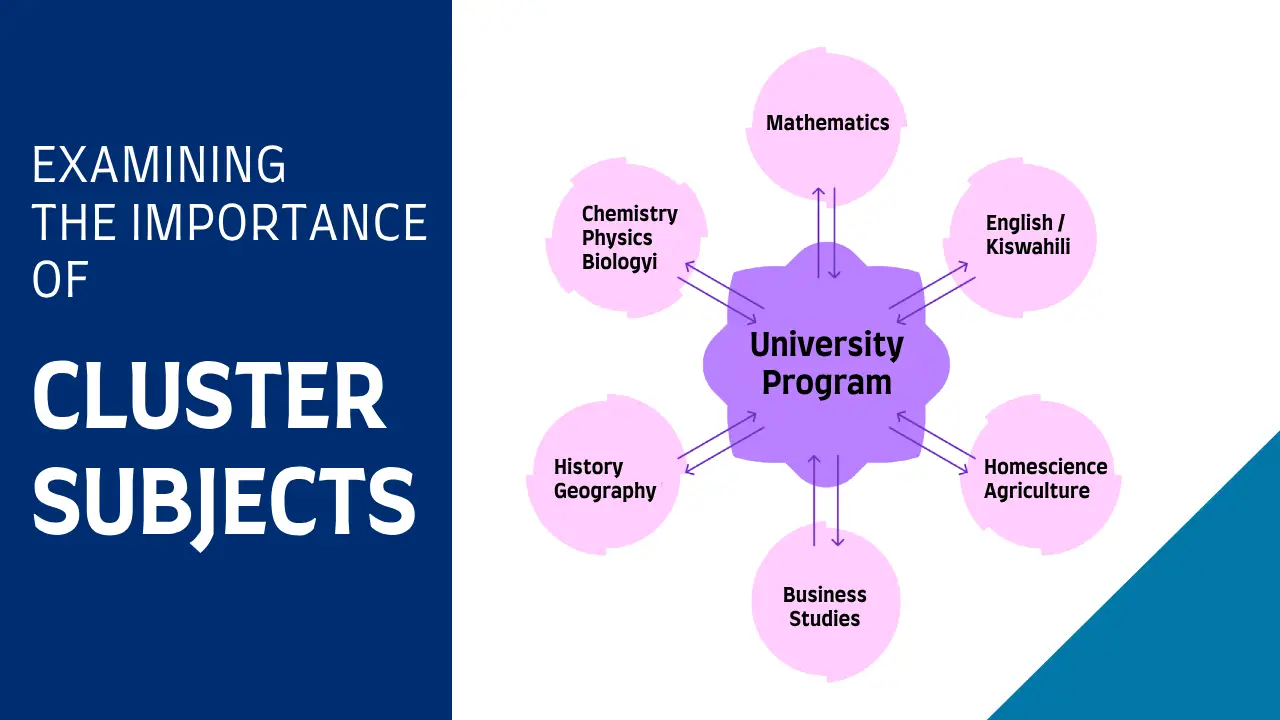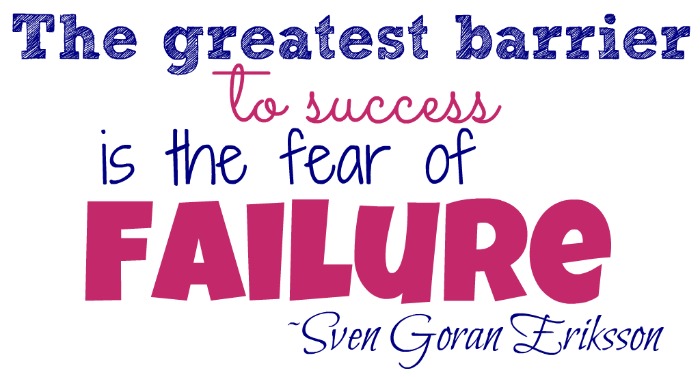My Future
How Cluster Points Affect Student Competition in Kenya's Universities
As Kenya continues to evolve its educational policies and respond to market demands, fostering an environment where collaboration is encouraged over competition will be vital in ensuring that all students have equitable opportunities to succeed in higher education and beyond.
By Samuel |
Published on 13-Dec-2024

In the Kenyan education system, the transition from secondary school to university is a significant milestone for students. The Kenya Universities and Colleges Central Placement Service (KUCCPS) plays a crucial role in this transition by determining the eligibility of students for various degree programs based on their performance in the Kenya Certificate of Secondary Education (KCSE) examinations. A key component of this process is the cluster points system, which directly influences student competition for university placements. This article explores how cluster points affect competition among students seeking higher education in Kenya.
Understanding Cluster Points
Cluster points are calculated based on a student's grades in four specific subjects relevant to their desired degree program. Each program has designated cluster subjects that reflect the knowledge and skills necessary for success in that field. The calculation of cluster points follows a specific formula:
The Role of Competition
The competitive landscape for university admissions in Kenya is intense, with thousands of students vying for limited spaces in popular programs such as medicine, engineering, and law. The cluster points system serves as a critical filter, determining which students are eligible for these sought-after courses. As a result, students are motivated to perform exceptionally well in their KCSE examinations to secure high cluster points.
1. Impact on Student Choices
The competition driven by cluster points significantly influences the subject choices made by students during their secondary education. Students often prioritize subjects that will maximize their cluster points for specific programs. For instance, those aspiring to enter medical school will focus heavily on sciences such as Biology and Chemistry, while engineering aspirants will prioritize Mathematics and Physics.
This strategic selection of subjects can lead to a narrowing of academic interests, where students may overlook subjects they are passionate about in favor of those that boost their competitiveness for university admission. Consequently, this can affect the overall educational experience and personal development of students.
2. Pressure to Excel
The pressure to achieve high cluster points can be overwhelming for students. Many feel compelled to engage in extensive study regimes, attend extra tuition sessions, and participate in study groups to enhance their understanding of key subjects. This pressure can lead to stress and anxiety among students, particularly those who may struggle with certain subjects or who feel they are not performing at their best.
Additionally, the competitive nature of university admissions can foster an environment where collaboration among peers is overshadowed by rivalry. Students may be less inclined to share resources or support one another, fearing that it could negatively impact their own chances of admission.
Variability in Cluster Points
The variability in cluster points from year to year adds another layer of complexity to student competition. Each academic year presents different challenges based on the overall performance of candidates during KCSE exams. For example, if a significant number of students achieve high scores across the board, universities may raise their cut-off points for popular programs, making it more difficult for even high-performing students to secure admission.
This dynamic nature of cut-off points means that students must not only focus on achieving personal bests but also remain aware of trends and changes in admissions criteria. As noted in recent reports, changes directed by education authorities can further influence these cut-off thresholds, impacting how students prepare for their examinations and select courses 12.
The Influence of Market Demand
Market demand also plays a significant role in shaping competition through cluster points. Certain fields such as information technology, healthcare, and engineering are currently experiencing high demand for skilled professionals. As a result, these programs often have higher cut-off points due to increased competition among applicants.
Students aiming for careers in these high-demand areas may find themselves under additional pressure to excel academically and secure high cluster points. This trend can lead to an oversaturation of applicants in specific fields while other equally important areas may struggle to attract interest.
As Kenya continues to evolve its educational policies and respond to market demands, fostering an environment where collaboration is encouraged over competition will be vital in ensuring that all students have equitable opportunities to succeed in higher education and beyond.











